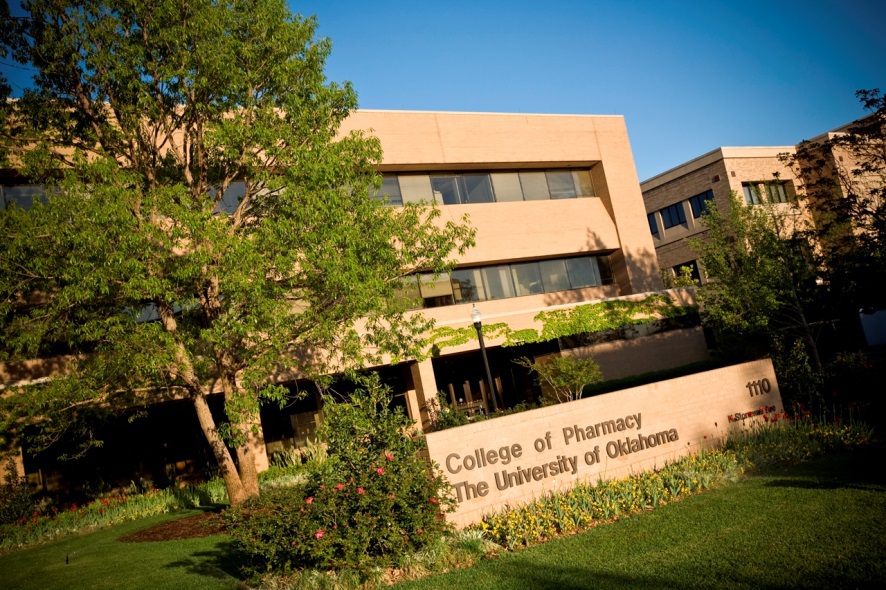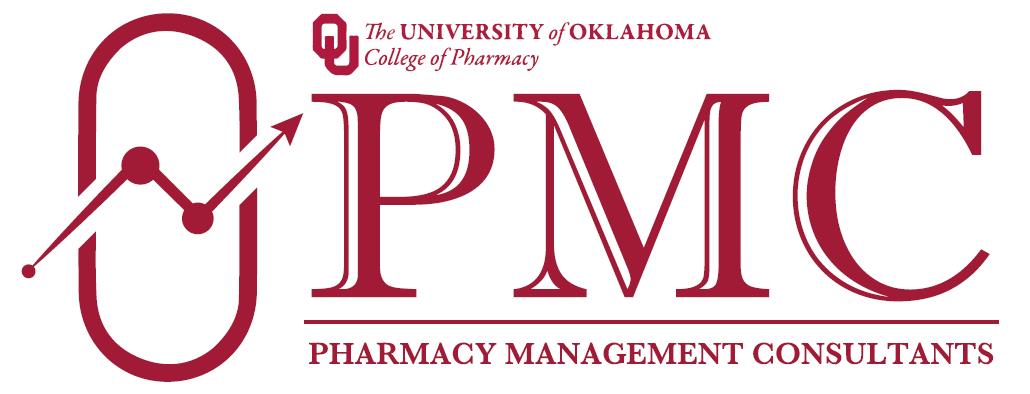Residency Learning Experiences
-
Practice Site Orientation: 1 month
During the first month of the program, the resident participates in orientation activities at the College of Pharmacy and PMC. This rotation is designed to familiarize the resident with the primary practice site and to prepare the resident to function as a staff pharmacist in the managed care setting. Residents begin training in drug information and medication use evaluation during this month in addition to completing institutional review board requirements for conducting research.
-
Clinical Staffing: Longitudinal (10 months)
This rotation will take place over 4-weeks in August and is designed to expose the resident to the roles and responsibilities of the clinical pharmacist in an effort to prepare the resident for their delivery of staffing requirements.
-
Drug Utilization Review: Longitudinal (11 months)
The rotation in drug utilization review (DUR) is designed to provide the resident with an introduction to the Drug Utilization Review Board (similar to Pharmacy and Therapeutics Committee). The resident will prepare reports for presentation at the monthly DUR Board meetings. This rotation will prepare the resident for completion of the drug information and medication use evaluation longitudinal rotation.
-
Medication Therapy Management (MTM) and Patient Review and Restriction Program (PRRP): 1 month and longitudinal
The MTM portion of this rotation prepares the resident to review patient profiles and assess potential drug or disease related problems for individual patients. Residents will prepare recommendations to be communicated with prescribers and patients regarding more appropriate therapies. The PRRP is an important feature of most Medicaid and commercial insurers and reviews patient profiles for potential misuse or abuse of controlled drug substances.
-
Commercial Benefit Management: 1 month
This rotation will allow the resident to learn formulary management in the commercial side of managed care. There are multiple sites that will allow the resident to learn DUR and patient outreach from a commercial perspective.
-
State Medicaid Administration: 1 month
The resident will work with the Oklahoma Medicaid Pharmacy Director in conjunction with PMC’s Pharmacy Director to learn first-hand the intricacies of running a Medicaid program. Resident may participate in many activities including multi-state teleconferences, management meetings, auditing, utilization review, and budgeting.
-
Specialty Pharmacy: 1 month
The resident will work with a provider of healthcare and reentry services delivering prescriptions through mail-order pharmacies and developing formulary and building on their understanding of reimbursement, pricing, and purchasing methodologies.
-
Academic Detailing: 2 months
This month the resident will work with the academic detailer and learn how to effect change at the prescriber level. The resident will travel with the detailer and visit in-person with physician office staff and prescribers. The resident will present best practice guidelines to prescribers and explain the current formulary standings.
-
Quality and Regulatory Affairs: 1 month
During this rotation, the resident will learn about quality metrics used in managed care including HEDIS and PQA measures. The resident may participate in metric development calls with PQA and discover how pharmacy quality metrics are developed and implemented. Implementation of metrics within the Medicaid population may also be incorporated.
-
Pharmacy Benefit Management (PBM) Administration: 1 month and longitudinal
This one month focus and longitudinal rotation will prepare the resident for the administrative functions of a PBM. The resident will work with the pharmacy director of both PMC and Oklahoma Medicaid to learn the complicated administration processes, including those of a government payer. The resident will attend local and state meetings and may be included in national or regional work group calls.
-
Research: 1 month and longitudinal
Residents complete a research curriculum which includes the University of Oklahoma Health Sciences Center Institutional Review Board (IRB) certification for conducting human research and specific research training sessions through Resident Rounds. Each resident designs and executes an original research project under the mentorship of their research committee, which consists of the residency program director, an expert in the practice area in which the research will be conducted, and an expert in study design, data analysis, and statistical methods. Residents present research findings as a poster at the AMCP Expo with final results as a podium presentation at the Oklahoma Society of Health-System Pharmacists’ Residency Research Conference. In accordance with ASHP standards, residents prepare a high-quality manuscript based on their research findings.
-
Foundational Teaching Certificate Program: Longitudinal (12 months)
The foundational teaching certificate program consists of both didactic and experiential components designed to promote integration and application of various aspects of teaching and optimize learning through a variety of teaching experiences. The course coordinator and education specialist work closely with each resident to ensure adequate support in each of the teaching opportunities. Resident learning is predicated not only on the responsibilities given, but also on acceptance of personal responsibility and dedication to educational objectives.
-
Drug Information/Medication Use Evaluation: Longitudinal (9 months)
Since the development of strong drug information skills is essential for pharmacy practitioners, this experience is present throughout the entire residency program. Residents participate in defined drug information activities, such as the completion of one drug information question, preparation of drug monographs for formulary consideration, presentation of an educational seminar for staff pharmacists, and development and presentation of at least one medication use evaluation (MUE) at a DUR Board meeting.


